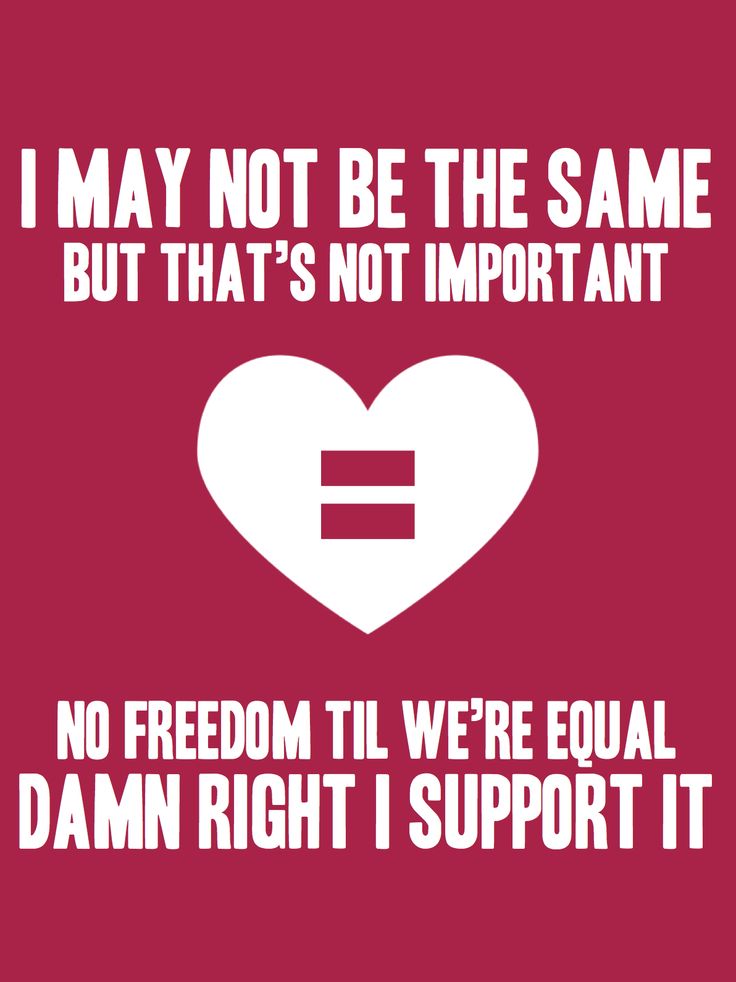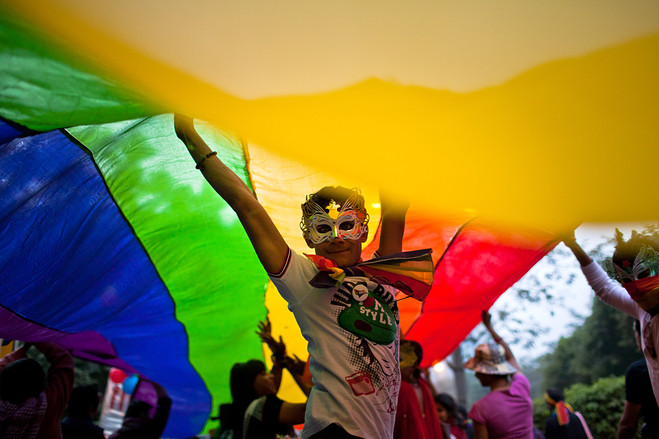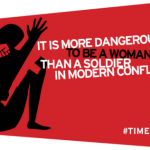The Supreme Court of the Unites States of America has made history by making same-sex marriage legal across the nation. It led to ask my friends the following question: “When will it be India’s turn to legalize love?”. We had gotten together for a dinner party on Saturday night, hosted by a male friend of mine and his boyfriend. All of us seemed to have different opinions.
“Within 5 years. India will follow America’s example after some time.”
“At least 20 years. To get rid of social boundaries of caste and religion first will take at least 3 or 4 more governments.”
“I think 10 to 15 years. The thing is that the real political power in India is not laying the hands of Mumbai’s or Delhi’s liberal elites, it’s with the local panchats. So the elites might think they’re affecting change, but they are really not.”
“I would say 5 to 10 years. Before colonial rule, cultures on this subcontinent were very tolerant of homosexuality and knew significant gender fluidity. We just need some time to remember that.”


Discussions aside, my friends and I were all equally affected by the sugary sweet euphoria sweeping the globe this weekend. Because like it or not, the ruling does matter. True, the States may not be the first country in the world to legalize same sex marriage, still this moment is nevertheless important to world history mainly for many reasons. One of them would be that the US is still an absolute super power in international politics. Therefore its cultural forces inevitably influence societies all over the world through different process of globalization. When so many people promote an idea at the same time (whether it is by turning our Facebook profile pictures into rainbow coloured ones or by joining pride parades), it affects our ways of thinking. Yet at the same time the more powerful an idea gets, the more resistance it will face. And so a rise in violence and intolerance towards queer individuals is, no matter how worrisome, predictable. One lesson we have learned from the civil rights movement in the States is that things usually get worse before they get better.


Secondly, this is an important historical moment because large parts of America’s society are highly conservative but regardless the ruling got through. Let’s all be reminded that this is a country where conversion therapy for gay individuals is nothing uncommon. Therefore the move of the Supreme Court must be seen as highly encouraging for LGTBQIA activists everywhere. Not so surprisingly, we consequentially saw impressive pride parades all over the world. Sometimes, like the one in Istanbul, it was met with brutal police violence, but overall there seemed more support than resistance to the different pride celebrations.
Of course there have also been voices critical of the excitement. Some people have pointed out that dominant LGTBQIA movements have failed at pursuing an intersectional approach towards the struggle. Déjà vu? Correct, this is a problem which is not unfamiliar to feminism as well. In the case of LGTBQIA movements being “queer” is portrayed by the movement as a transcending identity leading to a singular form of oppression. But in reality transphobia and homophobia are for example manifested in very different manners and are associated with different kinds of politics. How your gender and/or sexuality is experienced is also depending on other social stratification categories such as skincolour, caste, class etc. Is this confusing to you? Then you might want to watch this beautiful portrait of Indian-American Alok who, in their own words is born in a “queer post 9-11 body”.
Additionally there have been people arguing that equality starts instead of ends at equal legal rights. So frankly, “we’re not done yet”. But like artist Macklemore rightfully sang: “And a certificate on paper isn’t gonna solve it all. But it’s a damn good place to start.” And so let’s jointly work for the removal of Indian laws repressive of sexual minorities. Most urgently, section 377 is violating fundamental rights to personal liberty and needs to be repealed. In that way, sooner or later we can all ask each other; where were you when you heard about same-sex marriage being legalized in India?
A luta continua (= the struggle continues)!
Looking forward to reading your blogs, you can mail us your entries at WriteWithUs@csrindia.org, or upload them at Write With Us.
Donation for Centre for Social Research to Join our effort in rehabilitating Domestic Violence
Discuss this article on Facebook




